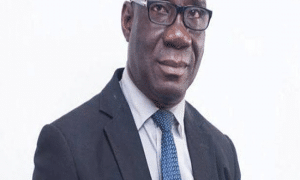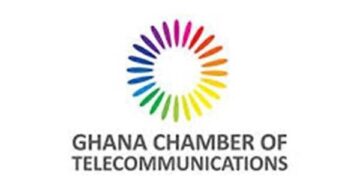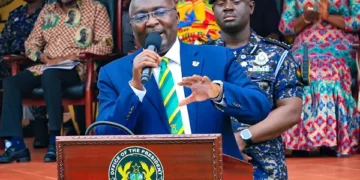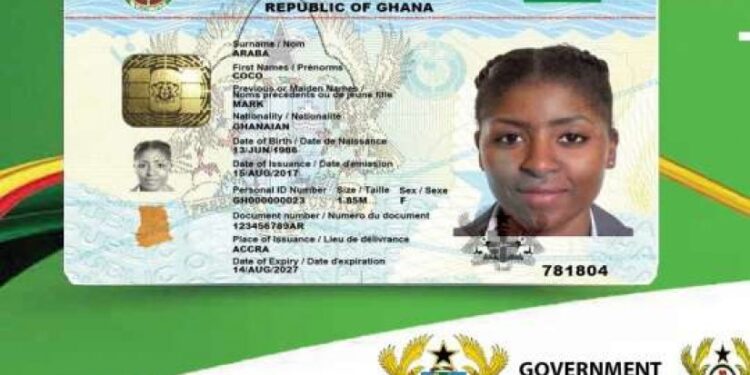As of the end of August this year, the National Identification Authority (NIA) had issued 15,826,148 Ghana cards out of 16,627,325 printed cards from 17,109,627 registrations.
Some 1,283,479 cards are still uncollected for a variety of reasons, including some that require upgrades, some who are unable to locate their collection spots, and others who refuse to show up to collect them because they “believe they do not need them now.”
Addressing a press conference in Accra last Friday, the Executive Secretary of the NIA, Professor Kenneth Agyeman Attafuah, stated that while his outfit acknowledged that there were some challenges with the issuance of the cards, it could not be faulted exclusively if certain persons did not have their cards yet.
According to him, some Ghanaians had failed to take advantage of many opportunities to obtain their cards at the decentralised levels.
“We still have some cards issued during the mass registration exercises in 2020. I was in Koforidua about three months ago on a monitoring exercise. I called someone whose card was ready to come for it. That person said it was not time for the collection of cards and that he would come for it when he needed it.
“Some Ghanaians are even making the demand to be given money before they will go for their cards,” he said, and cited an incident that happened in Akim Oda where a woman had asked for money before she would go for her card,” Prof Attafuah said.
Despite these obstacles, Prof. Attafuah assured that the NIA would ensure that all those who had registered could have their cards, as the cards had already been created at a cost.
Prof. Attafuah stated that the NIA was working diligently to guarantee that the cards were issued, saying that at the moment, persons who had registered but did not yet have their Ghana cards could still be validated, as significant progress had been achieved with the data harmonisation effort.
He explained that, with a memorandum of understanding (MoU) signed between the NIA and the various outfits over data harmonisation and use, all of the agencies requiring the Ghana Card as the only means of ID for business transactions — the Bank of Ghana (BoG) and 24 universal banks, as well as mobile network operators — had been successfully connected to the NIA’s verification system platform following the process, and that once they had that system, verification would be easier.
“The NIA has completed data harmonisation and transfer of data sets to the following institutions following the execution of MoUs with them — the GRA: 15,797,860 data sets transferred; SSNIT: 15,412,055 data sets transferred; NHIA: 15,317,256 data sets transferred; Airtel/Tigo: 1,766,546 data sets transferred; MTN: 11,524,584 data sets transferred; Vodafone: 10,340,802 data sets transferred, and GLO: 142,215 data sets transferred.
“It must, therefore, be appreciated that Ghanaians who have registered but have not yet been issued their Ghana cards can still be verified by the banks and the telecommunication companies if the verification devices specified by the NIA are available at these facilities,” he said.
The NIA Executive Secretary gave an assurance that the authority had a robust system to verify all cards of citizens to transact businesses with banks and verify non-citizens who would use the card to apply for or renew their residence permits, open or run bank accounts.
“We will continue to provide, as we have done since 2012, for all foreigners lawfully resident in this country to register under the foreigner identification management system project for the non-citizen identity card which, by law, they are required to register for,” Prof. Attafuah said.































